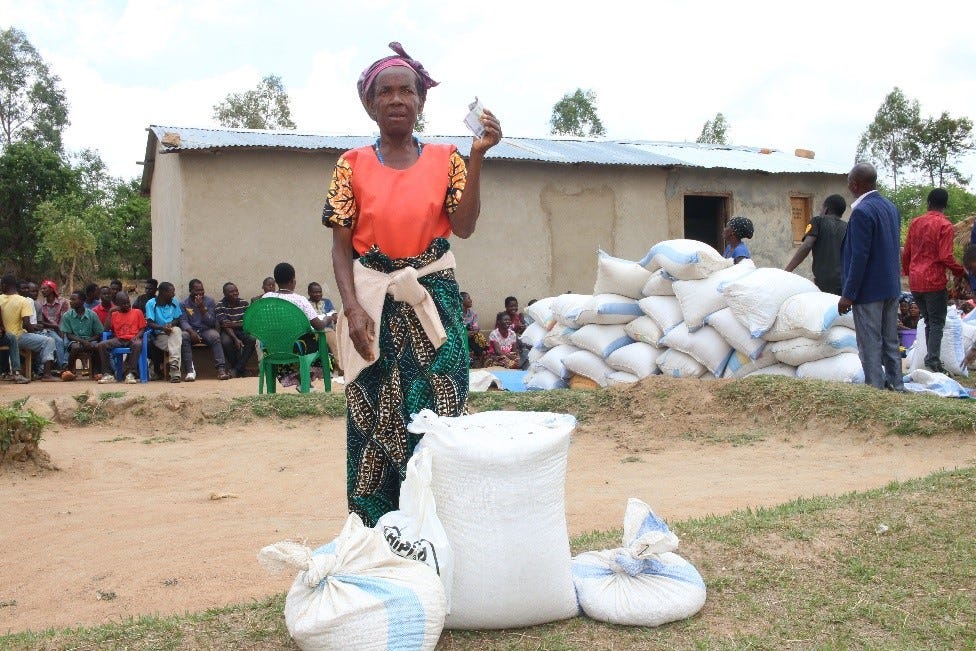Grain Bank Transforms Rural Community's Agricultural Resilience
The project demonstrates how localized, collaborative agricultural strategies can address food insecurity and create sustainable economic opportunities in rural communities.
DEDZA, MALAWI— In Nyanga Village, a community-driven grain bank is reshaping local economic prospects by providing food security and collective agricultural support, demonstrating an innovative approach to rural development, writes Edward Chikwanda.
The Mnyanga-Grain Bank, initiated by residents under Traditional Authority Kaphuka, currently comprises 41 members who have collectively stored 610 bags of maize and 40 bags of beans.
The project emerged as a strategic response to declining agricultural input programs and persistent hunger challenges.
The group co-founder, Group Village Nyanga, explained the initiative's origin.
"The idea came upon seeing that many families were struggling with hunger, often travelling long distances for piece work," the co-founder said.
"These pieces of work prevented farmers from adequately caring for their fields."
Eveta Gibson, a 75-year-old group member, personifies the bank's transformative potential. "In previous years, I used to struggle with hunger," Gibson said.
"Now, I can feed my seven grandchildren and have completely stopped seeking piecework."
Agricultural extension worker Noel Jester highlighted the technical improvements accompanying the grain bank.
"After introducing composting techniques, we've seen significant agricultural changes," Jester said.
"Farmers are yielding more maize, and the number of community members borrowing from the group has increased."
Self Help Africa (SHA) provided critical support to the initiative, contributing fertilizer and 50 goats.
Baton Mwale, the organisation's Food Security and Resilience Coordinator, noted the importance of community collaboration.
"We saw good leadership and collaboration among community members," Mwale said.
The grain bank offers a community-led solution to agricultural challenges, providing an alternative to traditional input programs and creating economic stability for vulnerable rural populations.
Gibson urged other women in the district and across the country to participate in similar village banking initiatives, emphasising the potential for collective economic empowerment.
The project demonstrates how localised, collaborative agricultural strategies can address food insecurity and create sustainable economic opportunities in rural communities.



